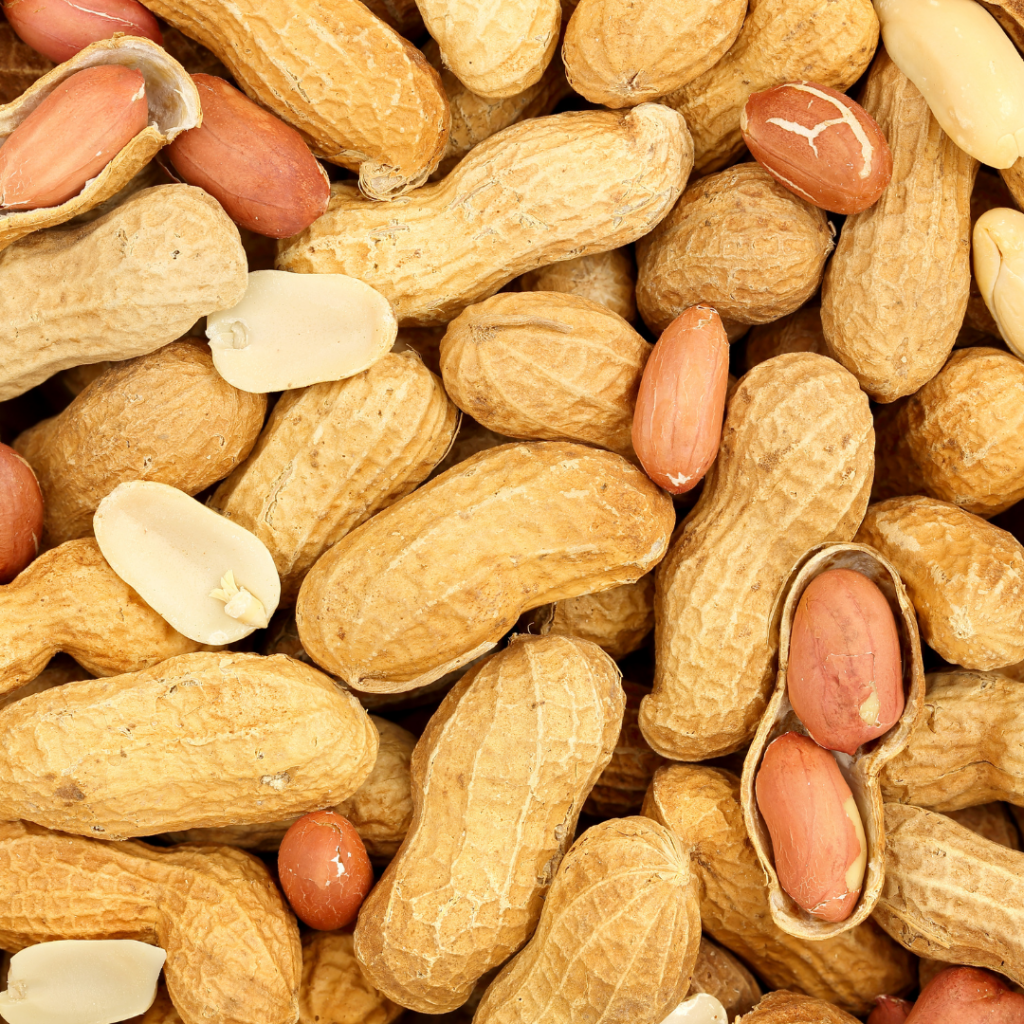
Apply Now

 Its part of generated content. Can i generate another part?
Its part of generated content. Can i generate another part?
Smart Guide to Understanding Diet vs. Zero Sugar: 2025 Choices
With an ever-increasing focus on health and wellness, understanding the differences between diet and zero sugar options has become crucial for making informed dietary choices. As we approach 2025, the landscape of what constitutes a "healthy diet" is evolving. This article will delve into the implications of adopting a diet versus zero sugar lifestyle, exploring the benefits, challenges, and overall health impacts of these dietary choices. Embracing a balanced diet is essential for maintaining optimal health, but with so many choices available, consumers often find themselves confused. A zero sugar or sugar-free diet often appeals to those looking to reduce calorie count, manage weight loss, or focus on obesity prevention. By understanding the nuances of these dietary options, individuals can better navigate food labels, make mindful eating choices, and create personalized meal plans that align with their health goals. This guide will cover the following key topics: - Health benefits of sugar-free and low sugar diets - Navigating food labels for better nutrition education - Meal planning and snacking choices that support wellness - Strategies for effective weight management and cravings control - Tips for incorporating healthy eating into daily life Through examining these concepts, readers will gain insight into the practical applications of a sugar-focused diet, enhancing their overall wellness journey.Key Health Benefits of Sugar-Free Diets
Building on our introductory discussion, it's essential to understand the specific health benefits that can come from adopting a sugar-free diet. A reduction in sugar intake can lead to significant improvements in health metrics, including weight loss and better blood sugar levels.Weight Loss and Caloric Intake Management
Many people turn to sugar-free diets as a strategy for weight management. By limiting sugar, individuals often reduce their caloric intake without sacrificing the nutritional value of their meals. This dietary choice can contribute to lower body fat and improved body composition over time. Also, fewer processed foods that are high in sugars are often consumed, leading to an increase in nutrient-dense foods like fruits, vegetables, and whole grains. Focusing on food quality rather than just calorie count ignites a healthy relationship with food that promotes satiety and reduces unhealthy snacking behaviors.Blood Sugar Regulation and Diabetes Management
For individuals with diabetes or those at risk, managing sugar intake is crucial. A sugar-free diet helps stabilize blood sugar levels and can reduce reliance on medication. By choosing healthy fats, lean proteins, and complex carbohydrates, individuals can enhance their metabolic health, avoiding spikes in hunger signals caused by sugar-laden food choices. Research supports that a balanced meal structure combined with mindful eating strategies can significantly aid in diabetes management.Improved Heart Health
Another compelling reason to consider a sugar-free diet is its potential impact on heart health. High sugar intake has been linked to various cardiovascular diseases. By adopting a zero-sugar lifestyle, which often includes healthier food swaps like avocado instead of sugary condiments, individuals can lower their risk of heart disease. Incorporating heart-healthy foods into daily meal plans can lead to improved cholesterol levels and reduced inflammation. This underscores the importance of selecting nutrient-rich ingredients as pantry staples.Navigating Food Labels for Better Nutrition Education
Understanding food labels is a vital part of making educated dietary choices. With a growing emphasis on health-conscious eating, it's essential to recognize how food quality affects overall wellness.Decoding Nutrition Facts
Nutrition labels provide essential information about the sugar content, caloric intake, and nutrient density of foods. By familiarizing oneself with these facts, individuals can make informed choices that align with dietary restrictions and wellness goals. Look for sugar substitutes and alternatives to maintain sweetness without compromising health. Knowledge about sugar content can help in managing hunger and prevent the pitfalls of impulsive snacking.Recognizing Hidden Sugars
Many processed foods contain added sugars that might not be immediately apparent. Ingredients like high fructose corn syrup, agave syrup, and various other sweeteners can significantly raise the sugar content in seemingly healthy options. Being aware of these hidden sugars is crucial for anyone looking to adopt a successful low sugar or zero sugar diet. This leads to more effective grocery shopping and meal preparation.Creating a Grocery List Focused on Health
Navigating grocery shopping with a focus on low sugar options can facilitate healthier eating habits. Start by creating a grocery list that emphasizes whole foods, fresh produce, and minimally processed items. Adopting a strategy for grocery shopping will encourage mindful selections and balance out dietary habits. Tools and resources, like meal prep guides or digital apps, can help maintain an organized and health-oriented shopping experience.Meal Planning and Snacking Choices that Support Wellness
Having an effective meal planning strategy can enhance the odds of achieving dietary goals. Planning meals around nutrient-dense ingredients while limiting sugar is a game-changer in adopting lasting wellness strategies.Incorporating Healthy Snacks
Healthy snacking should be a vital part of any diet. With the right options, snacking can provide energy and additional nutrients without the sugar crash associated with processed snacks. Incorporate items like raw nuts, Greek yogurt, or seasonal fruits to satisfy hunger. When preparing meal options, consider combining macronutrients—healthy fats, proteins, and fiber—to ensure prolonged satiety. These choices can help in reducing food cravings and keeping energy levels stable throughout the day.Portion Control and Mindful Eating Techniques
Practicing portion control is essential to maintain a balanced diet. Serving smaller portions can help regulate energy intake, encouraging mindful eating behaviors. Moreover, taking the time to enjoy meals, free from distractions, can lead to increased satisfaction and improved eating awareness. Incorporate meal frequency strategies, such as intermittent fasting or balanced meal timing, to optimize metabolic pathways and enhance feelings of well-being.Meal Ideas and Combinations for Success
Finally, consider versatile meal ideas that fit a low-sugar framework. Experiment with components like whole grains, lean proteins, and a variety of colorful vegetables to create balanced, flavorful dishes. Meal combinations that focus on taste and health will support consistent dietary execution. Explore cooking tips and techniques that bring healthfulness to the forefront, ensuring that each meal offers nourishment alongside enjoyment.Strategies for Effective Weight Management and Cravings Control
With the foundational knowledge of dietary choices and meal strategies in place, it’s crucial to define effective methods for weight management and controlling sugar cravings.Hunger Management Strategies
Understanding hunger signals and how they relate to dietary choices can significantly influence eating behaviors. Adopting habits like drinking water before meals and incorporating fibers known to boost satiety can help manage hunger effectively, leading to reduced chances of overeating or impulsive food choices. It's essential to track food intake and check in to understand emotional triggers related to food consumption.Healthy Swaps for Cravings
Cravings are a natural part of eating behaviors, but knowing how to manage them can lead to better choices. Consider healthy swaps—replacing sugary beverages with sparkling water or opting for fruit-infused teas—making nutritious indulgences accessible without breaking a zero-sugar commitment. Explore popular food substitutions as part of cooking techniques to minimize sugar without sacrificing flavor.Long-Term Health Strategies for Sustainability
Finally, for sustainable health outcomes and lifestyle adjustments, it's essential to redefine personal health goals. Embrace holistic wellness practices that align with both short-term and long-term health desires, focusing on a lifestyle change rather than a fleeting diet trend. Investigate the role of nutrition coaching to create a tailored plan that resonates with individual health metrics and dietary preferences.Conclusion and Practical Applications
In summary, understanding the intricate balance between diet and zero sugar choices empowers individuals toward more informed nutritional behaviors. By incorporating healthy eating principles, mindful meal planning, and strategic health goals, one can cultivate a positive relationship between food and health. Consider documenting your journey through nutrition tracking to enhance personal wellness initiatives, utilizing resources available to educate and inspire continuous improvement. Emphasizing awareness around dietary choices fosters both physical and emotional well-being. By leveraging practical applications from this guide, you can navigate the complex world of nutrition, ultimately leading to lasting health transformations.
 Its part of generated content. Can i generate another part?
Its part of generated content. Can i generate another part?